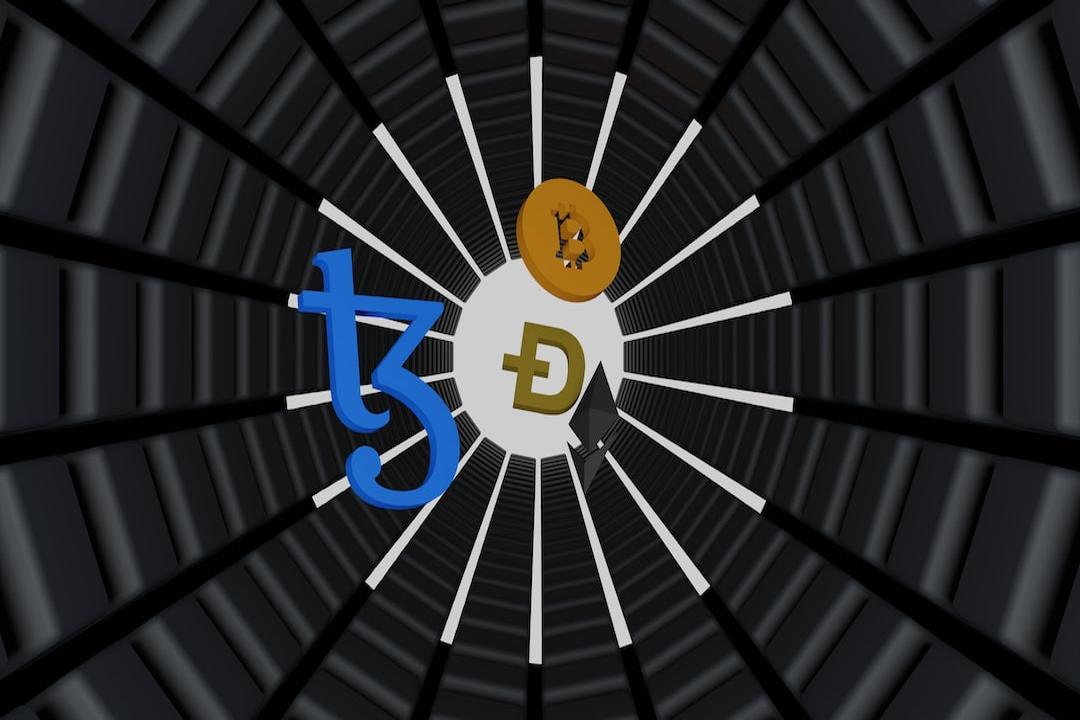Fuel is an innovative operating system designed specifically for Ethereum Rollups. By addressing key challenges such as parallelization, minimized state execution, and interoperability, Fuel ensures that these Rollups can operate without compromise. Today (5/30), Fuel announced that it has gone live on the Ethereum test network Sepolia.
Table of Contents
Toggle
FuelVM: Boosting Performance and Efficiency
Sway Language: Designed for High Computation Environments
Combining the Advantages of Rust and Solidity
Static Auditing
Developer Tools: Integrated Development Environment
FuelVM is built on the foundation of the Ethereum ecosystem, incorporating many long-term recommended improvements that were not implemented in the Ethereum Virtual Machine (EVM) due to backward compatibility requirements. These improvements include parallel transaction execution and support for multiple native assets.
Fuel achieves processing capability by using strict state access lists and structuring transactions in a UTXO model. FuelVM allows full nodes to identify the accounts involved in a transaction and map the dependencies before execution. This enables Fuel to utilize multiple CPU threads and cores that are typically idle in a single-threaded blockchain, significantly improving computational power, state access, and transaction throughput.
Fuel provides a powerful developer experience through its domain-specific language (DSL) called Sway. Based on the Rust language, Sway has a syntax designed for blockchain virtual machines, eliminating the need for verbose template code. Developed alongside FuelVM, Sway is optimized for Fuel’s high computation environment.
Sway combines the best elements of Rust and Solidity. It prioritizes compile-time analysis and security, similar to Rust’s borrow checker, while adopting Rust’s syntax. From Solidity, Sway adopts the smart contract paradigm, with built-in top-level contract storage and blockchain mechanisms, making contract writing intuitive and secure.
Sway introduces static auditing for smart contracts, enhancing security. It has high performance and features scalable optimization channels, as well as a modular backend that can be tailored to various blockchain architectures.
Fuel’s development environment is enhanced by a set of powerful developer tools. By integrating the best features of smart contract languages like Solidity and the paradigm of the Rust tool ecosystem, Fuel provides a vertically integrated development experience. Every component, from the virtual machine to the CLI, works together to provide developers with a coherent and efficient workflow.
In summary, Fuel represents a significant advancement in the field of Ethereum Rollups, offering superior processing capabilities, the user-friendly Sway language, and a fully integrated development environment. By drawing from the experience of the Ethereum ecosystem and introducing innovative solutions, Fuel has the potential to set new standards in the blockchain technology field.
(Find out more details in the technical documentation)
Fuel
Rollups
Ethereum

